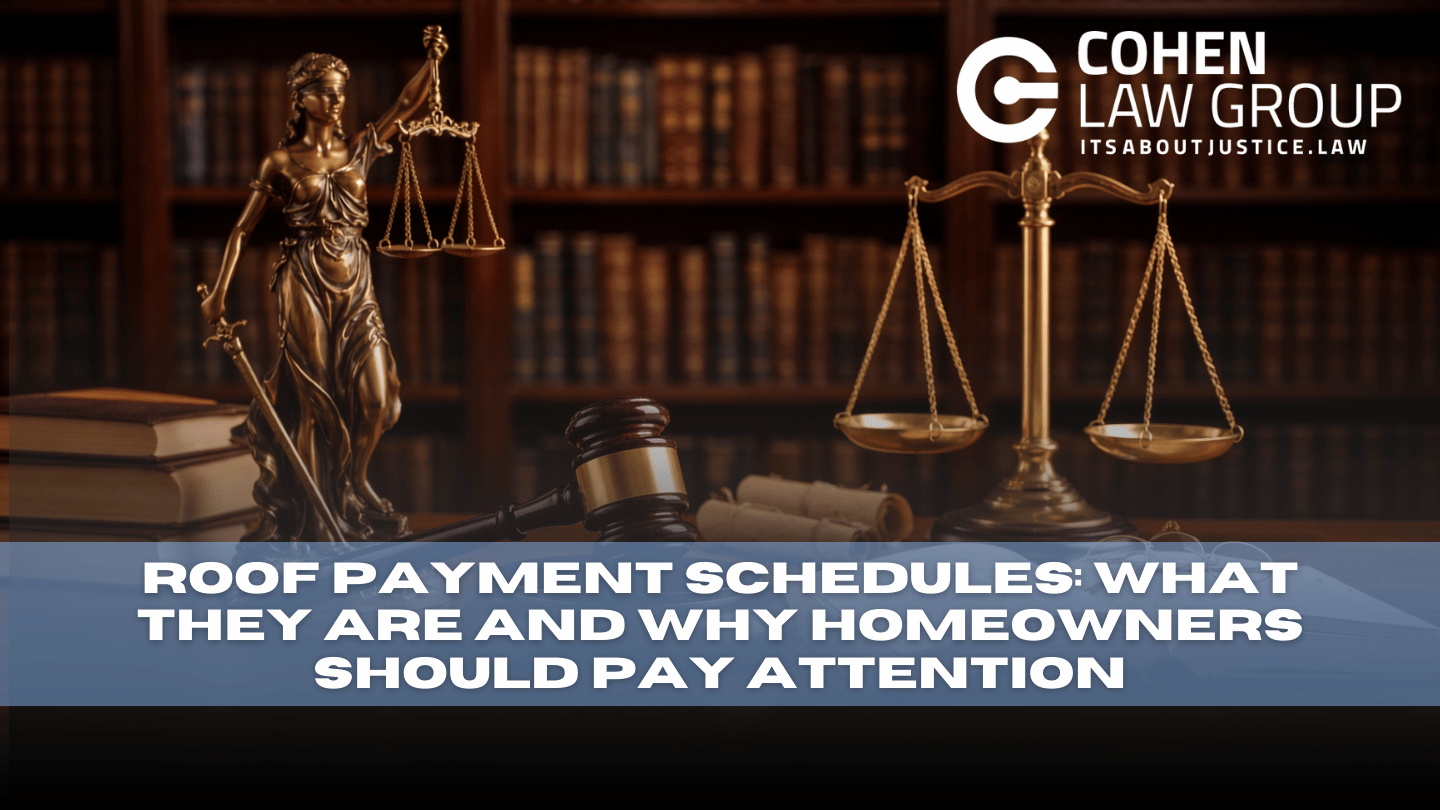Navigating Class Actions Against State Agencies for Wage Violations
By Robert “Bobby” Parsons, Esq.
State agencies are among the largest employers, and as such, are likely to commit a myriad of wage and hour violations by the sheer volume of people they employ. A recent trend in wage and hour law is to bring class actions against state agencies for alleged wage and hour violations that span both state and federal law.
One of the most common violations alleged is a state agency’s failure to properly pay overtime wages, which is often pled in conjunction with minimum wage and off the clock violations.
The Legal Authority
Whether potential plaintiffs can recover from the state agency for failure to pay overtime wages turns on the legal authority relied upon by the plaintiffs in their action, either a state statute mandating overtime wages or the federal Fair Labor Standards Act (FLSA).
The FLSA sets minimum wage rates, and states will often increase the applicable minimum wage through their own statutes, making the potential recovery of plaintiffs higher should they be able to recover through a state statute requiring employers to pay overtime wages.
Potential named plaintiffs in class actions seeking such wage and hour damages will want to consider whether their respective state allows class actions for such claims.
“Opt Out” vs. “Opt In”
The main advantage to bringing such claims in state court is the ability to bring the class action as an “opt out” class action, in contrast to the more limited “opt in” collective action available under the federal FLSA. The more favorable “opt out” class action allows plaintiffs to cast a wider net of class members, including each possible class member by default, and then requiring members to affirmatively “opt out” of the action should they not wish to be included in the class.
By contrast, the “opt in” collective action available under the FLSA does not include any members by default, and requires members to affirmatively “opt in” to the action after having been given notice.
Understanding State Laws
However, provided that named plaintiffs can bring a wage and hour class action as an “opt out” class action, the plaintiffs will need to thoroughly understand whether or not the state in question has its own overtime laws in order to be able to increase the likelihood of recovery of unpaid overtime wages.
Not all states have chosen to require overtime wages by virtue of written statute, and while this may not be a bar to recovery against a private employer, a state agency would likely raise a sovereign immunity argument against any FLSA overtime claim should the plaintiffs not have the ability to raise a state statutory overtime claim. However, in an interesting turn of recent events, in Walden v. Nevada, the US Court of Appeals for the Ninth Circuit held that Nevada waived the very same sovereign immunity by choosing to remove the case to Federal Court.
Provided that a state agency can properly raise the sovereign immunity defense in the absence of a state statute that creates an overtime claim, the plaintiffs may still be able to sue a state agency for a standard breach of contract claim that promises to pay for overtime.
Plaintiffs in this case must be aware that a formal written contract is needed and that an employee handbook that references overtime is likely not enough to rise to the level of an enforceable contract. Employee manuals such as handbooks and memoranda — even those that include compensation policies — are unilateral policy statements and do not contractually bind employers. See OneSource Facility Servs. v. Mosbach, 508 F. Supp. 2d 1115, (M.D. Fla. Apr. 5, 2007) (holding that an employee benefit policy suggesting bonuses was a unilateral promise, not a contract); see also Tohma v. Spalding & Evenflo Companies, Inc. 724 So.2d 693 (Fla. 2d DCA 1999) (under Florida law an employee’s reasonable expectation of salary creates no binding term of employment).
In Summary
Should potential plaintiffs wish to bring a class action against a state agency they should consider all of the above: whether the state allows for class actions in wage and hour claims, whether the respective state has statutorily mandated overtime wages and if not, whether the state agency has memorialized a promise to pay overtime wages in a separate written contract.
If the latter is the case, potential plaintiffs should be aware that the statute of limitations for bringing such breach of contract claims may be different than that of the state’s statutory wage claims, and likely will not include liquidated damages or attorneys’ fees.

Robert “Bobby” Parsons, Esq.
DISCLAIMER: This website is for informational purposes only and does not provide legal advice. Please do not act or refrain from acting based on anything you read on this site. Using this site or communicating with Cohen Law Group through this site does not form an attorney/client relationship. This site is legal advertising. Please review the full disclaimer for more information by clicking here.








